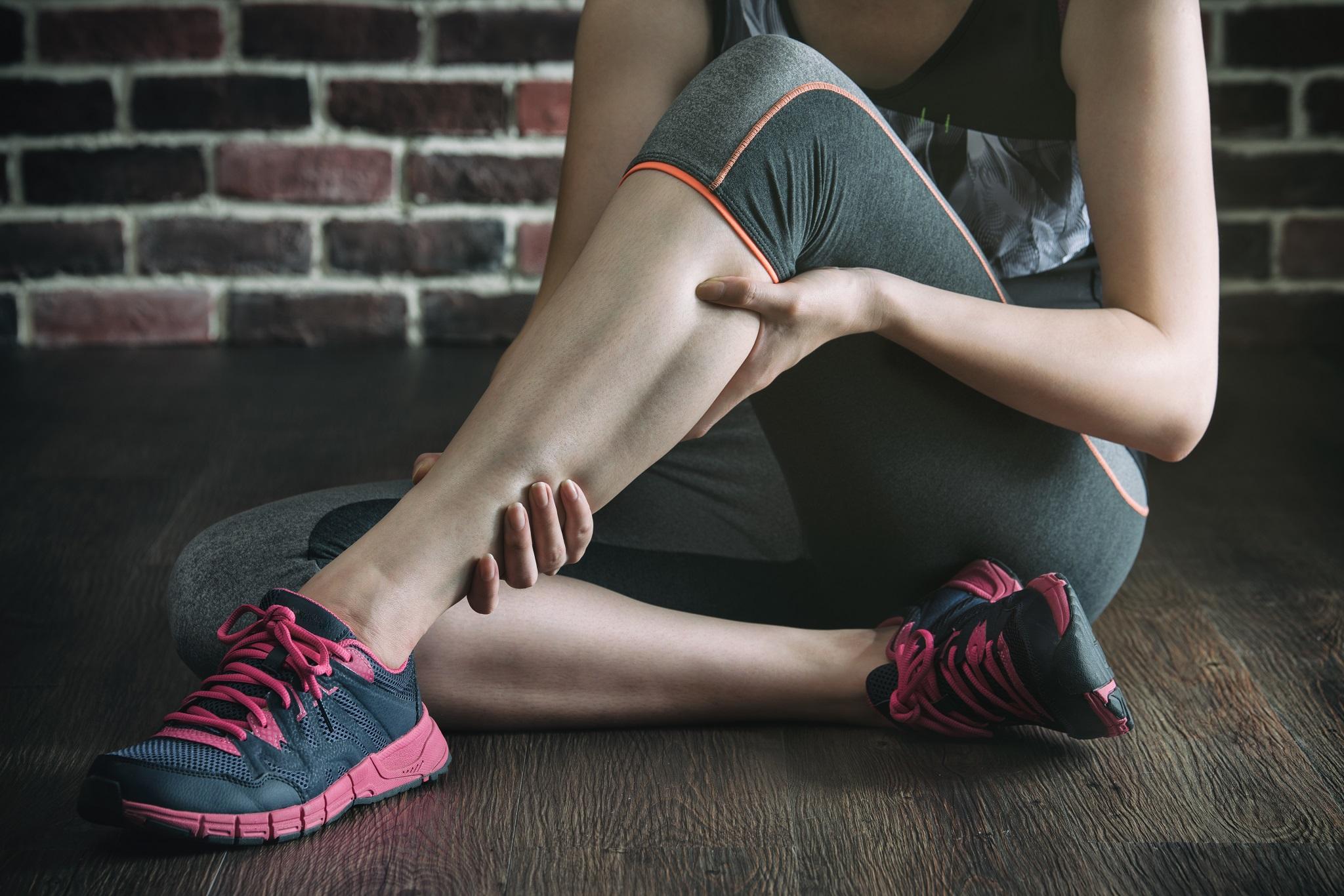What causes cramp? A simple explanation
What to do when the cramp hits and which type is the most painful

Your support helps us to tell the story
From reproductive rights to climate change to Big Tech, The Independent is on the ground when the story is developing. Whether it's investigating the financials of Elon Musk's pro-Trump PAC or producing our latest documentary, 'The A Word', which shines a light on the American women fighting for reproductive rights, we know how important it is to parse out the facts from the messaging.
At such a critical moment in US history, we need reporters on the ground. Your donation allows us to keep sending journalists to speak to both sides of the story.
The Independent is trusted by Americans across the entire political spectrum. And unlike many other quality news outlets, we choose not to lock Americans out of our reporting and analysis with paywalls. We believe quality journalism should be available to everyone, paid for by those who can afford it.
Your support makes all the difference.Most of us will be familiar with that mysterious twinge that comes and goes, but what actually causes muscles to cramp?
Although the reason for some cramps is unknown, cramps can sometimes be caused by ageing, strenuous exercise, medication for cholesterol (statins) or high blood pressure (diuretics), dehydration and liver disease.
In different parts of the body, these can cause muscles to suddenly shorten and spasm, which can be painful but is more often than not harmless.
Leg cramps
The final stages of football matches often feature players sprawled on the turf with one leg in the air, while a teammate holds their foot. This is due to cramp in their calf or hamstring.
However, leg cramps are not exclusive to elite athletes, but can hit those leading more sedentary lifestyles. In fact, most people get them when resting or at night.
Once the twinge strikes, stretching the muscle is the best measure to take, which is why footballers grab the leg of their teammate in agony.
Regular stretching exercises, particularly of the calf muscle, which is the most likely to spasm, can also help prevent cramps.
Although paracetamol or ibuprofen won't help when cramp is happening as they take too long to work, they can help with muscle tenderness afterwards.
Menstrual cramps
The other common type of cramps is menstrual cramps, also known as period pains.
Dysmenorrhoea is the official term for menstrual cramps, is caused when the muscular wall of the uterus contracts, causing it to push against blood vessels, which cuts off the oxygen supply to the womb.
Dysmenorrhoea varies from person to person. In general, it manifests itself as an aching feeling in the lower abdomen, lower back, hips and thighs.
For some, it can develop into contraction-like spasms, but for others it is felt as a dull constant pain.
Despite a general lack of knowledge around period pain, there is more research being done into something that affects over half the population.
In 2016, scientists found that periods can cause women as much pain as heart attacks, even though doctors are often taught that ibuprofen is sufficient to combat such pains.
Stomach cramps
People often talk about having stomach cramps, but this is a non-specific term that is interchangeable with stomach ache.
Instead of resulting from muscle cramps in the stomach, stomach or abdominal pain can be caused by a wide variety of non serious and serious conditions. For more information, consult the NHS Choices website.
This article has been updated. It was originally published in December 2017.
Join our commenting forum
Join thought-provoking conversations, follow other Independent readers and see their replies
Comments